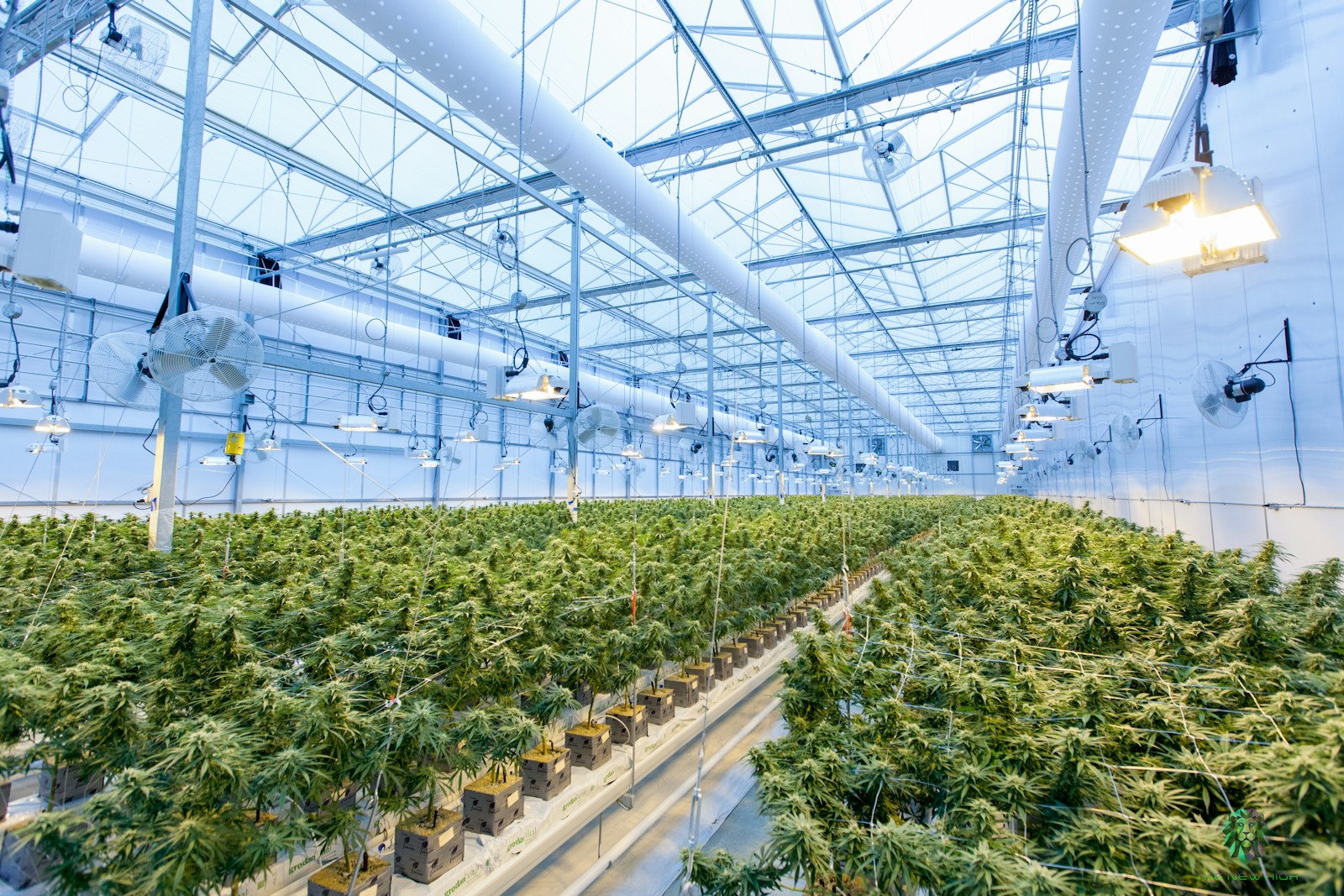In just a few short years, Australia’s cannabis industry has evolved from a policy debate to a rapidly expanding medical industry. Now valued at over $230 million AUD as of 2023, the country’s legal cannabis market is projected to exceed $1.2 billion AUD by 2030, according to data from Statista. This trajectory spells one thing for entrepreneurial Australians under 30: opportunity.
As the regulatory landscape matures and consumer demand grows, a window has opened for young visionaries to shape the future of the cannabis economy. Whether through wellness products, cultivation innovation, or digital health solutions, the next generation of startup founders has a unique chance to lead in an industry once considered taboo.
The Legal Framework: What’s Possible Right Now
Australia legalised medical cannabis in 2016, placing oversight in the hands of the Office of Drug Control (ODC) and the Therapeutic Goods Administration (TGA). The current framework allows patients to access medical cannabis under prescription through schemes such as
SAS-B (Special Access Scheme – Category B), with over 300,000 approvals granted as of 2024.
While recreational use remains federally prohibited, some territories like the
ACT have decriminalised personal possession. For now, the most stable and scalable route for cannabis startups lies in the medical and CBD sectors, which offer clearer regulations, medical legitimacy, and growing patient demand.
This regulated structure allows new businesses to legally operate in areas such as CBD product development, cannabinoid research, telehealth services, software solutions, or even ancillary services like packaging and logistics.
Cannabis Sectors Ripe for Disruption
Young entrepreneurs, particularly digital natives, have a distinct advantage when entering underdeveloped markets. Several key sectors of Australia’s cannabis industry remain fragmented and open to disruption:
Cultivation and Genetics
Licensed cultivation is complex, but it’s also in demand. There is increasing interest in developing cannabis strains suited to Australia’s diverse climates – from Queensland’s humidity to Victoria’s seasonal shifts. Companies like Herbies Seeds, which provide
cannabis seeds to licensed producers globally, have observed growing demand for strains adapted to southern hemisphere conditions, including high-CBD and balanced hybrids.
Compliance and Tech Solutions
Cannabis regulation in Australia is compliance-heavy. This has created demand for platforms that help licensed operators manage inventory, reporting, lab results, and patient access. Tech-savvy entrepreneurs are building seed-to-sale tracking tools, blockchain-based compliance systems, and custom analytics dashboards to streamline operations and ensure government requirements are met.
Wellness and Consumer Health
The rise of CBD-infused skincare, functional edibles, and herbal stress remedies mirrors
global trends. With a younger generation embracing plant-based wellness, startups in this space have an opportunity to combine scientific credibility with appealing, minimalist branding that appeals to both health-conscious consumers and clinicians.
Education, Content, and Telehealth
Australia’s medical cannabis rollout still suffers from information gaps. Many patients are unsure of eligibility, dosing, or product selection. Entrepreneurs are creating platforms that educate the public, connect patients with doctors, or even guide them through the prescription process via telemedicine. These solutions not only improve access but also help destigmatise cannabis for older generations.
Young Founders Already Making Waves
Some under-30 founders in Australia have already taken first-mover positions in the industry. A few have launched niche CBD wellness brands sold in local
shops and online, while others have built compliance startups that help growers meet Good Manufacturing Practice (GMP) standards.
Even beyond direct cannabis companies, young professionals are finding opportunity in law, graphic design, UX, and packaging – all adapted to the unique demands of the industry. Their success is built on agility, regulatory literacy, and the ability to brand cannabis in a way that speaks to modern consumers.
The Funding Landscape for Cannabis Startups
Access to capital is gradually improving. Once considered too risky for investors, the cannabis industry is now drawing attention from early-stage venture capital, angel networks, and institutional investors focused on health tech and biotech.
The Australian government’s R&D Tax Incentive also applies to cannabis-adjacent innovations, particularly if a startup is conducting clinical research or developing new formulations. Some startups have also explored equity crowdfunding, which has become an increasingly popular method to engage community investors while building brand loyalty.
Nonetheless, the financing landscape still comes with caveats: most banks remain cautious about cannabis businesses, especially those involving THC. This means entrepreneurs must be meticulous with financial
planning, legal setup, and risk communication.
Challenges and Legal Hurdles
Despite the momentum, cannabis entrepreneurship in Australia is far from easy. Entrepreneurs face an array of legal and operational challenges:
- Heavy licensing and regulation make it hard to launch cultivation or processing operations without substantial capital and legal support.
- State vs federal inconsistencies complicate expansion strategies.
- Advertising restrictions prevent most forms of traditional cannabis marketing, especially online.
- Banking limitations require startups to find alternative financial institutions or workarounds.
- Persistent stigma still affects certain sectors, especially when targeting older or rural populations.
Navigating these challenges requires a clear understanding of legal boundaries, a well-researched go-to-market strategy, and often, strategic partnerships with professionals in law, medicine, or agriculture.
Practical Advice for Young Entrepreneurs
Start small, stay legal, and build expertise. Many young founders are succeeding not by trying to be everything at once, but by mastering one narrow niche and expanding from there. Consider these tips:
- Focus on non-THC products or B2B services in your first phase.
- Partner with a medical expert or pharmacist to gain credibility and compliance insight.
- Engage in industry associations such as Medicinal Cannabis Industry Australia (MCIA) or attend regional cannabis expos.
- Build with scalability in mind, even if you start as a solo operation or online-only business.
Above all, track regulatory changes closely. Australia’s cannabis industry is still evolving, and early movers who understand where it’s headed stand to gain the most.
Looking Ahead: A Generational Opportunity
Australia’s cannabis industry is no longer an experiment – it’s a regulated, science-backed, and investor-friendly sector that’s expanding year by year. For entrepreneurs under 30, this is a rare convergence of economic potential and cultural change.
Whether by offering smarter ways to connect patients to medicine, developing the next breakthrough in cannabinoid
skincare, or streamlining the industry’s tech infrastructure, the next leaders of cannabis in Australia may well be the founders who act today – and think green tomorrow.
If built with transparency, education, and innovation at its core, the Australian cannabis ecosystem could become a global model for how young entrepreneurs turn complex regulation into responsible business.







